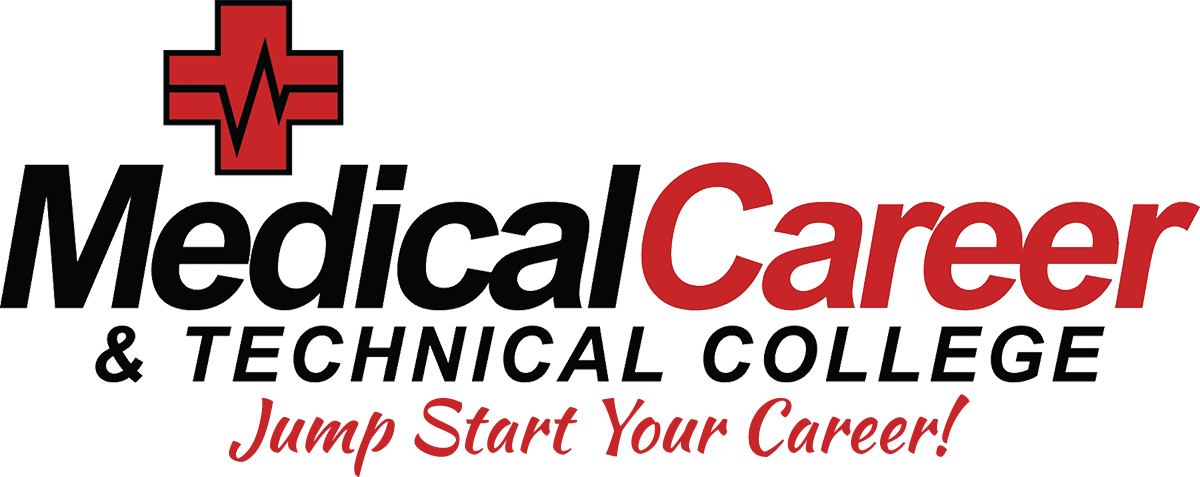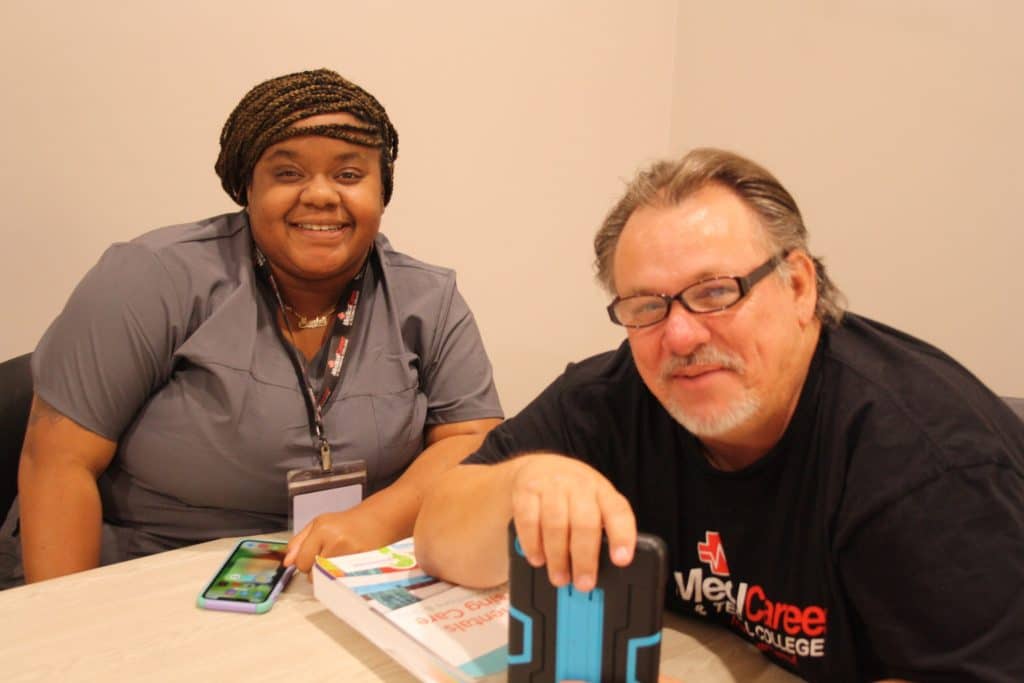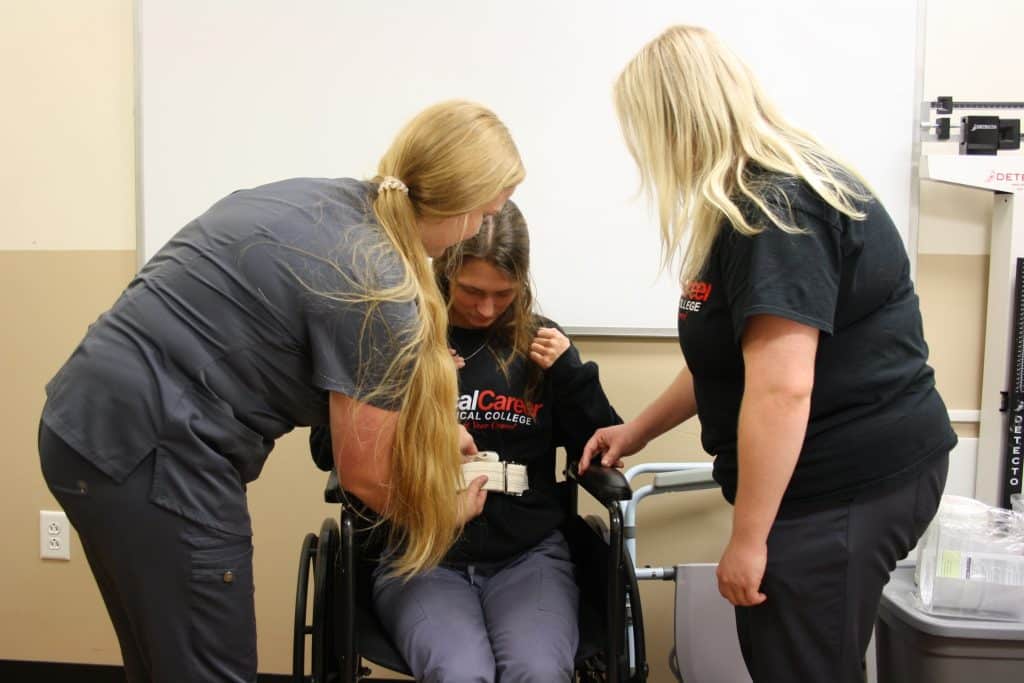In the realm of healthcare, effective communication is paramount. Patients and their families rely on healthcare professionals not only for treatment but also for guidance and education. Practical Nursing (LPN) students are at the forefront of this crucial aspect of care, as they learn how to empower patients and their families to become more health literate. Health literacy encompasses the ability to access, understand, and apply health-related information, and it is a cornerstone of patient-centered care
The Importance of Health Literacy
Health literacy is not merely about reading medical documents; it’s about comprehending health-related information, making informed decisions, and effectively advocating for one’s health and the health of loved ones. Patients with high health literacy are more likely to:
Understand their diagnoses and treatment options.
Adhere to medication regimens.
Make lifestyle choices that promote well-being.
Communicate effectively with healthcare providers.
Advocate for themselves or family members in healthcare settings.
LPN Students as Educators and Advocates
LPN students are well-positioned to foster health literacy among patients and their families due to their unique role as caregivers and educators. Here’s how they contribute:
Clear Communication: LPN students learn to communicate complex medical information in a clear and understandable manner, using plain language that patients and families can grasp.
Active Listening: Developing active listening skills allows LPN students to understand patients’ concerns and tailor education to meet their specific needs.
Patient-Centered Care: LPN education emphasizes patient-centered care, which means involving patients and families in care decisions and tailoring information to their preferences and levels of understanding.
Holistic Education: LPN students are trained to educate patients not only about their diagnoses and medications but also about the importance of medical history, family history, and lifestyle choices in overall health.
The Impact of Health Literacy on Patient Outcomes
Empowering patients and families with health literacy skills has a profound impact on patient outcomes. Patients who are well-informed and confident in their knowledge are more likely to:
Adhere to prescribed treatment plans.
Recognize warning signs and seek timely medical attention.
Engage in preventive health behaviors.
Communicate effectively with healthcare providers.
Advocate for their rights and preferences.





Welcome to Medical Career & Technical College, where we prioritize your success in every step of your educational journey. Our commitment to excellence is reflected in our smaller class sizes, hands-on learning, and one-on-one teaching approach. We provide free tutoring, textbooks, and a supportive community that fosters peer learning. With a choice of six diverse programs, including Dental Assistant, Medical Assistant, Medical Administration, Medical Massage Therapy, Practical Nursing, and Veterinary Assistant, you have the flexibility to tailor your education to your unique goals. Our campuses in Richmond and Lexington offer convenience, and our structured class hours, from 9 AM to 4 PM on the two days you attend, allow you to balance your studies with other commitments. Plus, with eight different terms to start on, you can begin your journey at your own pace. We take pride in offering externship opportunities, career placement assistance, and bridge programs like CMA to LPN and LPN to RN, ensuring your education leads to a successful career launch. At Medical Career & Technical College, we’re not just an educational institution; we’re your partners in achieving your dreams and jumpstarting your career.
Great website you have here. You have such a beautiful way of writing. Thank you for sharing this, it’s very helpful for some people like me.
Karya Bintang Abadi